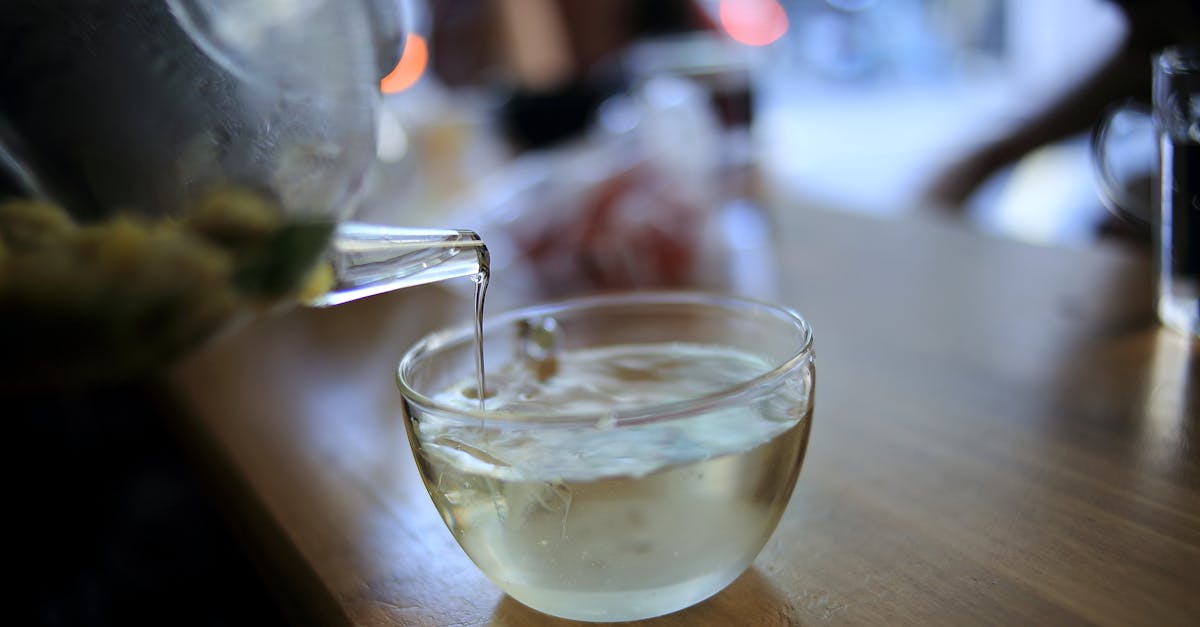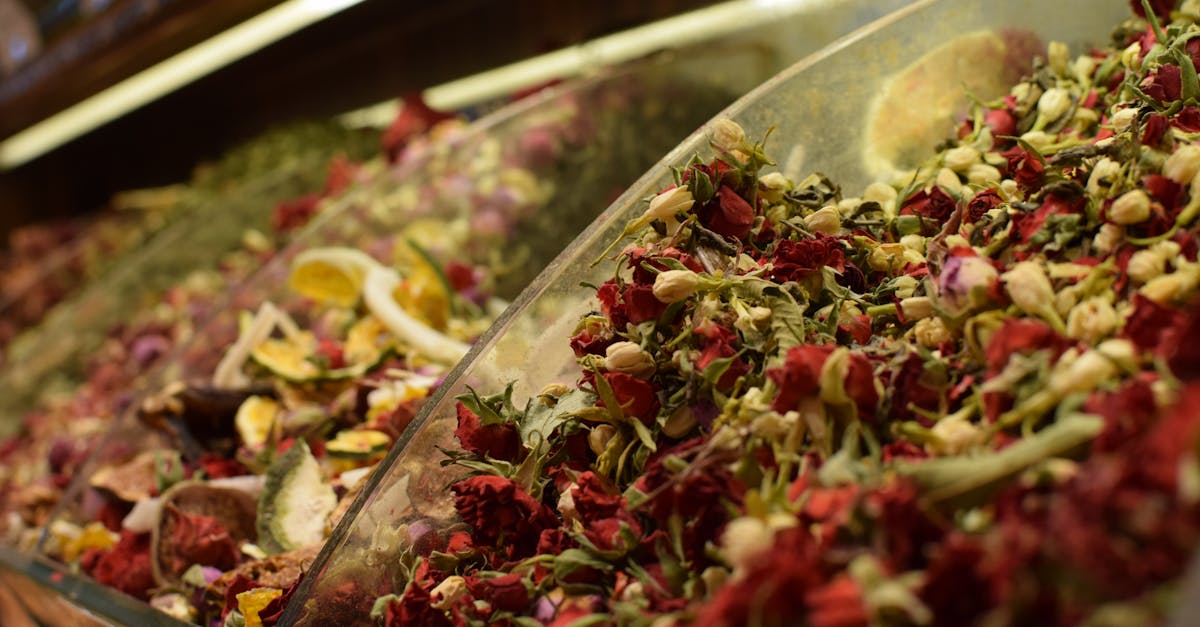
Introduction
The world of herbal teas offers a captivating journey into health, relaxation, and well-being. These naturally caffeine-free brews present not only a delightful array of flavors but also a myriad of health benefits. As more individuals lean towards holistic approaches to health, herbal teas have gained immense popularity. This rise in interest can be attributed to their potential therapeutic properties and soothing qualities. Whether seeking comfort after a long day or a natural health boost, herbal teas offer a simple yet profound solution. Understanding the various types and their individual benefits can be transformative.
The Origins of Herbal Teas
Historically, herbal teas have been consumed for thousands of years, deeply rooted in ancient cultures and traditions. Known as "tisanes," these infusions were first popularized in regions like China and Egypt. They were often used in medicinal practices, with different herbs prescribed for specific ailments. Unlike traditional tea, herbal teas come from the infusion of herbs, spices, flowers, or fruits instead of Camellia sinensis leaves. Today, they continue to be a cornerstone of natural medicine, bridging cultural divides and uniting those in pursuit of health.
Chamomile for Calmness
Chamomile, known for its delicate floral aroma, is a quintessential herbal tea lauded for its calming effects. Originating from the flowering plant in the daisy family, this tea is often sought after for its ability to promote relaxation and improve sleep quality. By reducing anxiety and helping digestive issues, it provides a multi-faceted approach to wellness. Recent studies support its role in alleviating mild insomnia and digestive disturbances. Chamomile's gentle nature makes it a staple choice for those looking to unwind after a stressful day.
Peppermint Tea for Digestive Health
For a refreshing and invigorating experience, peppermint tea stands as a popular choice. Known for its cooling sensation, this tea is praised for its digestive benefits. It can effectively help relieve symptoms of bloating and indigestion due to its antispasmodic properties. Furthermore, peppermint tea has been shown to alleviate headaches and improve mental alertness. This zesty brew serves as a go-to remedy in the realm of herbal teas, offering a natural solution to common digestive woes.
Ginger Tea for Immune Support
Renowned for its spicy kick, ginger tea is celebrated for its numerous health benefits, particularly in immune support. Ginger, a staple in traditional medicine, expresses anti-inflammatory and antioxidant properties. It is often turned to during flu season to alleviate symptoms such as nausea and sore throat. Additionally, ginger tea is embraced for its potential to combat oxidative stress and bolster the immune system's defenses. This invigorating brew brings warmth and resilience, making it a favored choice in times of need.
Rooibos Tea for Antioxidants
Rooibos tea, originating from South Africa, is a caffeine-free herbal tea rich in antioxidants. Known colloquially as "red bush," rooibos harbors an array of health benefits, notably its ability to improve cardiovascular health. With its high flavonoid content, this tea has been linked to heart health improvements and reduced risk of chronic diseases. It also pairs well with milk or honey, offering a versatile and delicious option. Rooibos continues to charm with its rich, nutty flavors coupled with profound health advantages.
Hibiscus Tea for Heart Health
Vibrantly red in color and tangy in taste, hibiscus tea is a beloved herbal option closely tied to heart health benefits. Its high anthocyanin content has been associated with reducing blood pressure and cholesterol levels. This tangy infusion can aid in maintaining healthy weight management while contributing to overall cardiovascular health. The unique antioxidant composition in hibiscus helps mitigate inflammation, adding another layer to its benefits. Sipping on hibiscus tea becomes both a sensory delight and a heart-friendly habit.
Lavender Tea for Relaxation
Lavender tea entices with its aromatic and soothing properties, often associated with relaxation and stress reduction. Made from the dried buds of the lavender plant, this tea is employed to ease tension and foster a sense of calm. Its therapeutic effects extend beyond relaxation, with potential benefits for improving migraines and insomnia. Lavender tea offers a mindful moment, inviting tranquility with each sip. For those seeking solace from everyday pressures, this fragrant brew stands as a comforting sanctuary.
Selecting and Brewing Herbal Teas
Choosing the right herbal tea involves understanding personal health goals and taste preference. With diverse options available, from loose leaves to pre-bagged varieties, the brewing process remains paramount. To preserve the delicate flavors and phytochemicals, steeping times and temperatures should be adjusted based on the herb. Ensuring a proper brew maximizes the benefits and enhances the sensory experience. Experimentation with blends and flavorings such as lemon or honey can heighten enjoyment. Selecting quality sources and brewing mindfully elevate the herbal tea ritual to an art.
Conclusion
Exploring herbal teas unveils a world rich in flavors and wellness opportunities. These brews not only soothe the senses but also play a pivotal role in holistic approaches to health. Whether calming chamomile or invigorating ginger, each variety carries its unique benefits. As interest in natural remedies grows, so does the reverence for these ancient infusions. Carrying forward centuries of tradition, herbal teas contribute to a balanced lifestyle, inviting both enjoyment and well-being with each sip.